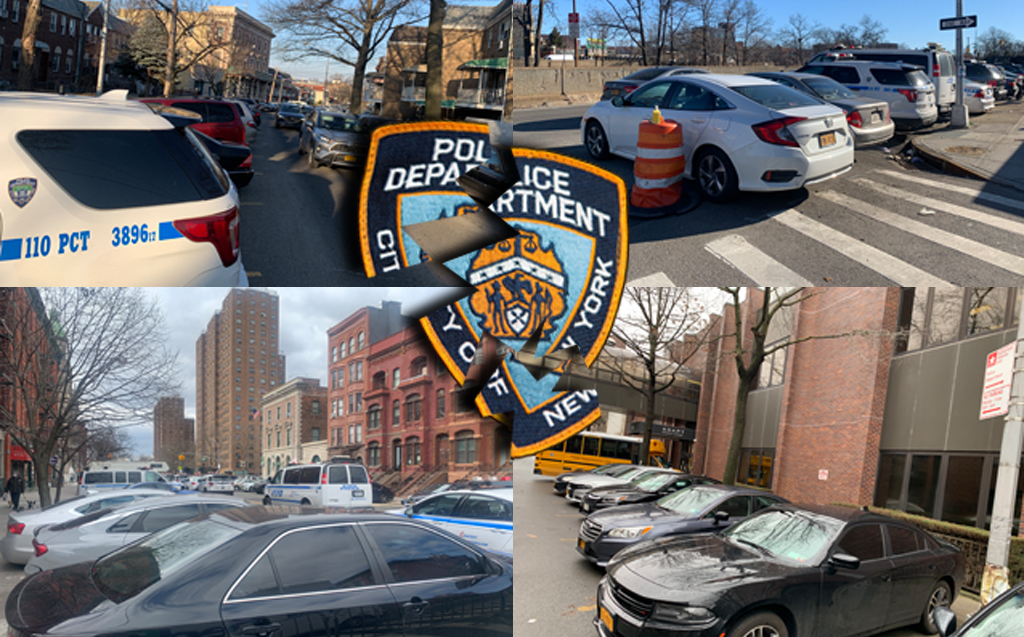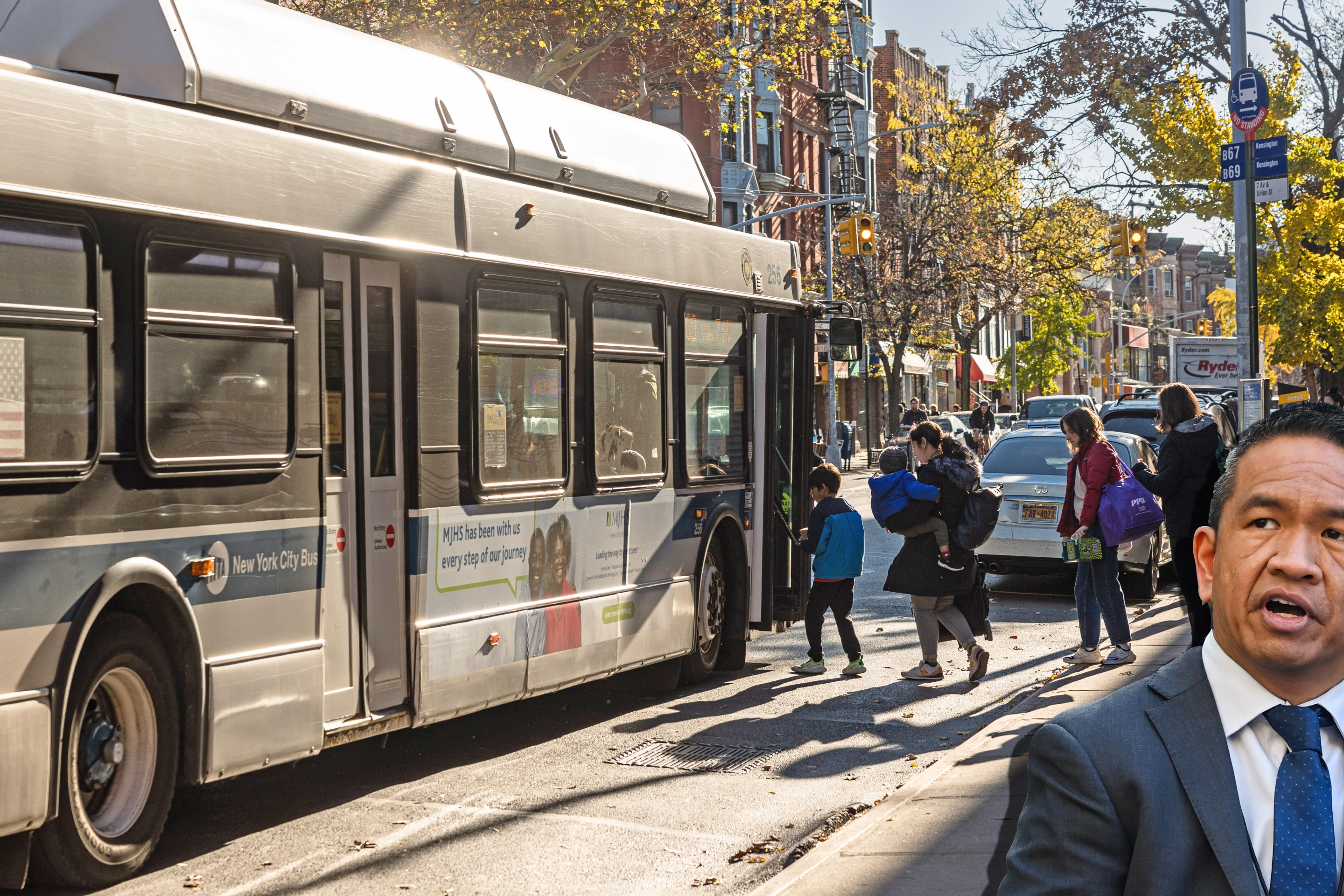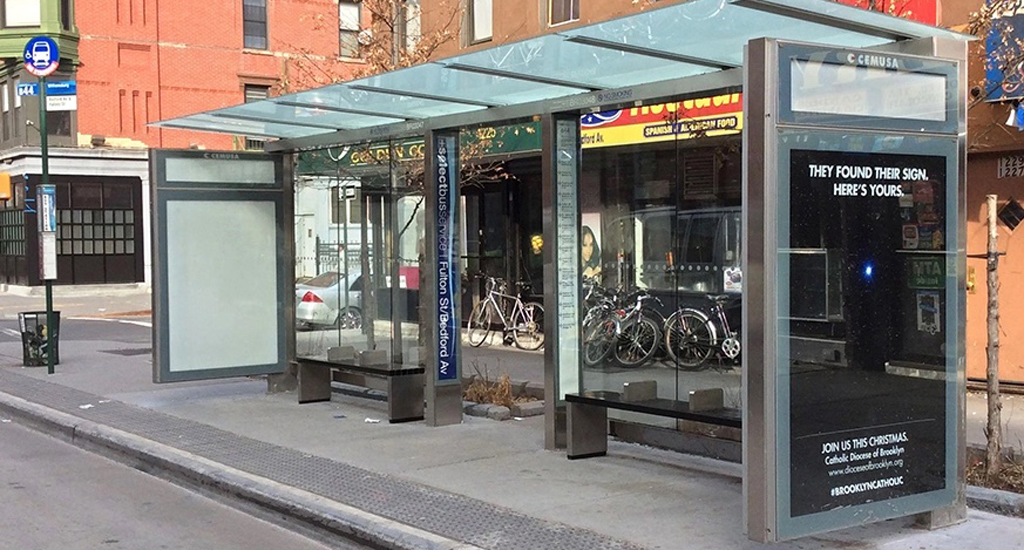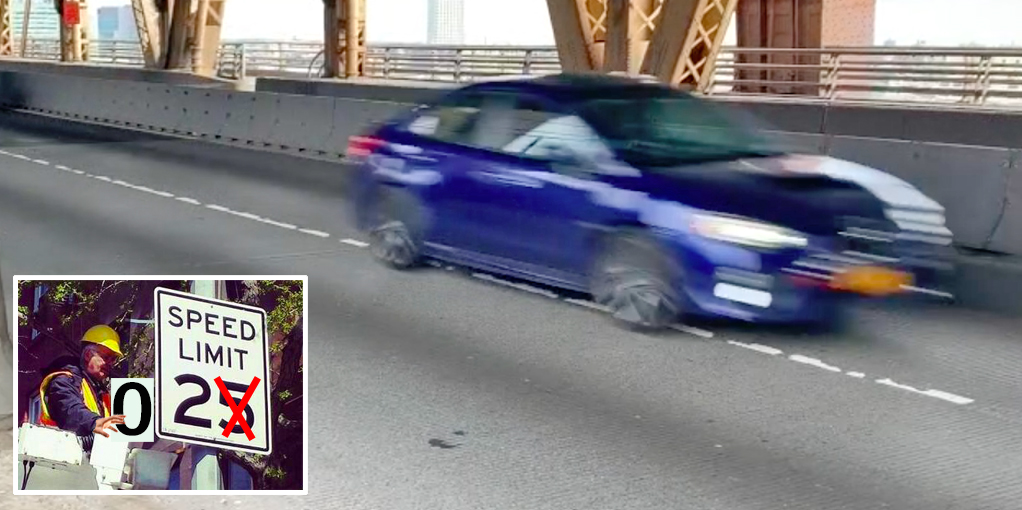
Funding needs for 400 transit
projects planned in 37 states. Graphic: Reconnecting America.
Reconnecting America just released a report [PDF] that ties in neatly with the Build for America launch earlier this week. "Jumpstarting the Transit Space Race" chronicles how cities and metro areas eager to invest in transit have been stymied by inadequate federal funding and policies that favor highway construction. Nationwide, plans for $248 billion worth of transit projects are on the drawing board, but getting them through the convoluted federal pipeline will take the better part of this century unless policies change:
...the federal government spends about80 percent of federal transportation funding onhighways and just 20 percent on transit. A relatively small portion of transit's 20 percent is spenton the construction of new fixed-guideway systems-- about $1.6 billion a year over the last half-dozenyears -- while the rest is spent on maintenanceand on buses. The federal government typicallypays for half of total project costs. At the currentrate of federal investment, it would take 77 years toconstruct all of the projects that have been proposed.
More about the obstacles to transit funding after the jump.
Ironically, the increased demand for transit has made it more difficult to win federal funding for projects. Congress has provided more money for transit during the past decade, but available funding has been outstripped by the increased demand. The Federal Transit Administration, in response, has made the federal funding process ever more competitive in order to ensure that only the best projects get funded. The result, however, is a longer and more difficult process that drives up the cost of projects, with the result that there are fewer projects in the funding "pipeline."
The federal funding process for highwaysis much quicker and easier than theprocess for transit, and the amount ofmoney that the federal government provides foreach road project -- called "the federal match"-- is typically much greater. Federal statute requires local governments to put up 20 percentof the funding for most road and transit projects -- called "the local match." But road projectsreceive a much larger federal match -- sometimesmore than 80 percent -- while the federal matchfor transit was decreased from 80 percent to 60percent in 2004, and now averages about 50percent.
The relatively low level of transit investment in the U.S.stands in sharp contrast to funding in other parts of theworld. China, for example, is dedicating $88 billion forthe construction of 1,062 miles of rail from 2001 through2015. India has announced it will spend $56 billion toexpand its rail system over the next five years. Over the12-year period covered by the last two federal transpor-tation bills the U.S. dedicated about $19 billion for newconstruction.





